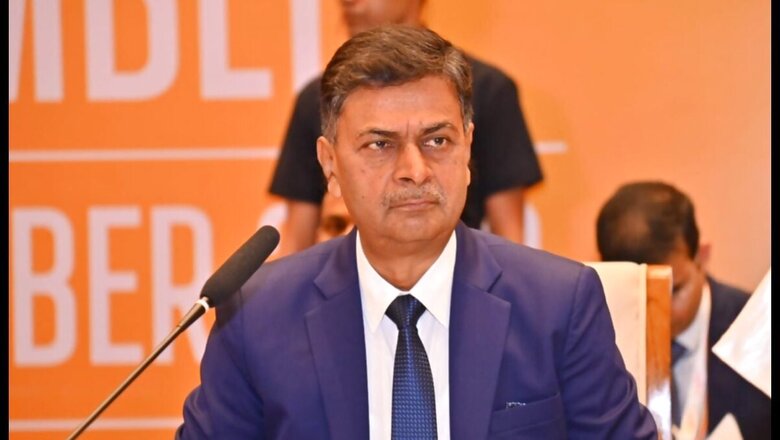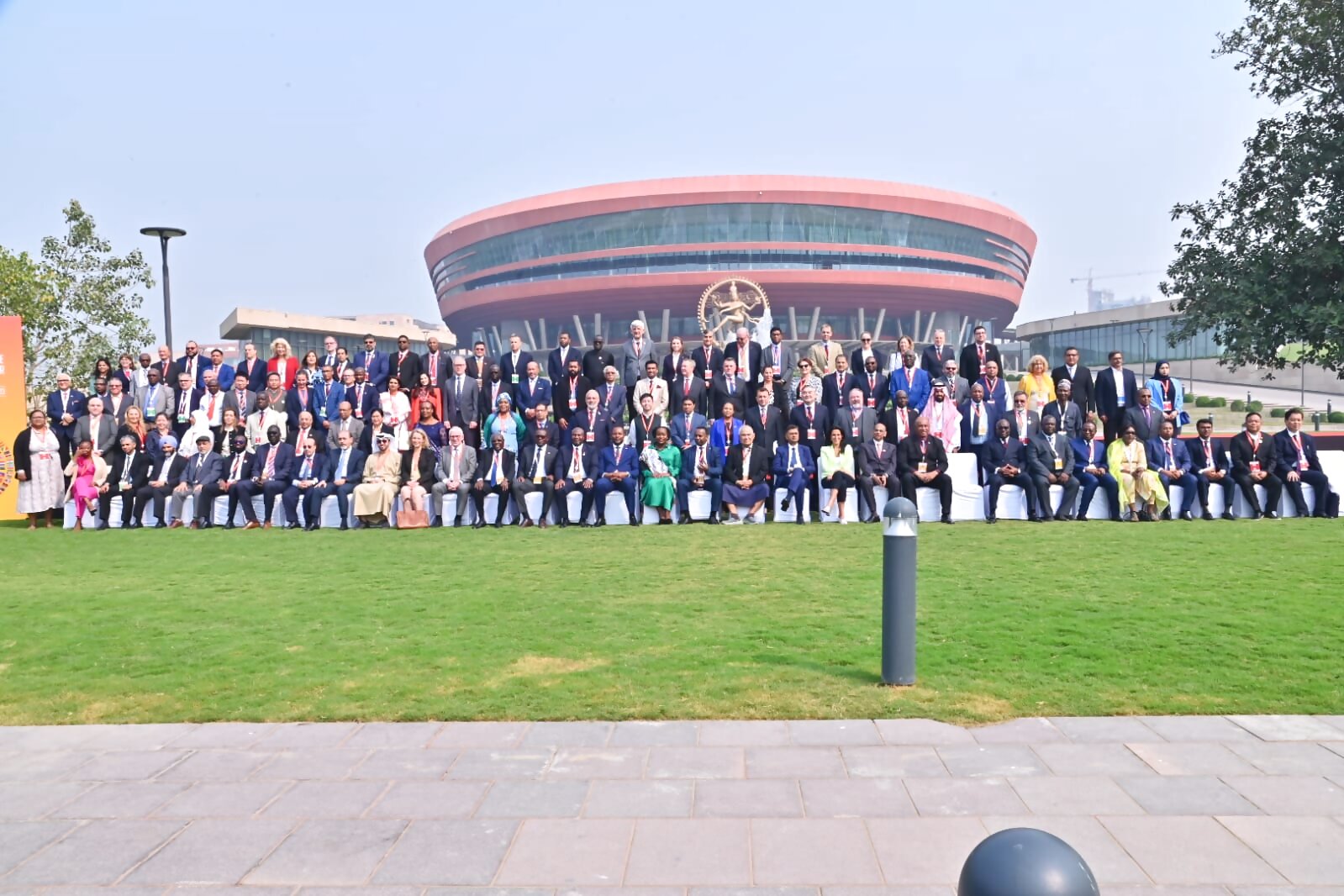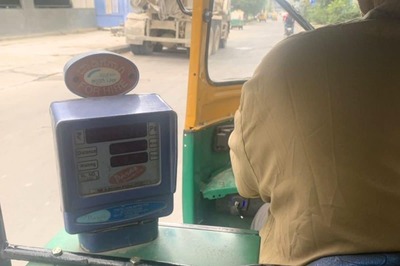
views
The G20 agreement to pursue efforts to triple renewable energy (RE) capacity by 2030 is aspirational, and dependent on countries’ national circumstances, stressed union power minister RK Singh at the Sixth Assembly of the International Solar Alliance (ISA) on Tuesday.
The power group of 20 nations including India, China, and the United States agreed in September to work towards tripling RE capacity by 2030. The ambitious clean energy push would also take centre stage at the upcoming 28th United Nations’ Climate Summit (COP28) in the UAE where the 197 countries would be urged to commit to the target.

“We have discussed this in the G20 energy ministers’ meeting, and decided that this (goal) will be aspirational. Different member countries have different national circumstances. So every country is carrying out energy transition accordingly,” said Singh, addressing the press conference.
As part of its NDCs, India has committed to achieve 50 per cent of its cumulative electric power installed capacity from non-fossil fuel-based energy resources by 2030.
Singh said the country has already multiplied its solar capacity by 35 times in the past seven to eight years. “Our RE capacity is already 185 GW which is 43 per cent of the total installed capacity. We have a target of adding 50GW every year. Our NDC was to achieve 40 per cent of our capacity from non-fossils by 2030, and we achieved that in 2021. We also pledged that we will reduce our emission intensity by 33% by 2030, we achieved it in 2019,” he added.
‘NO CLIMATE ACTION WITHOUT ENERGY ACCESS’
The president of the ISA batted for the developing countries’ overarching need to ensure energy access before pressing for an energy transition. “Energy transition is meaningless without energy access. The challenge is that we need investment to go to Africa, and other developing countries to light up the homes,” he stressed.
Renewable energy sources have the potential to supply 65 per cent of the world’s total electricity by 2030 and decarbonise 90 per cent of the power sector by 2050, said Singh.
CHARGING UP SOLAR CAPACITY
Conceptualised in COP21 in Paris, as a joint effort between India and France, the International Solar Alliance has so far caused approximately 1 GW solar capacity to be put up across countries and an additional 9.5 GW is under preparation. Four of the projects set up with ISA’s assistance were also inaugurated on Tuesday.
“Solar industry has pulled in a record amount of investment. Last year, it was about $310 billion and this year it is expected to cross $380 billion. But all of Africa just received 3 per cent of that total investment done last year. We are trying to de-risk investment for the private sector in these countries. Also enabling entrepreneurs in these countries who can, with help, become major suppliers of solar energy across countries and regions,” said ISA director general Dr Ajay Mathur.
Ministers from 20 countries and delegates from across 116 member and signatory countries are attending the sixth session of the assembly – the apex-decision-making body of the ISA.


















Comments
0 comment